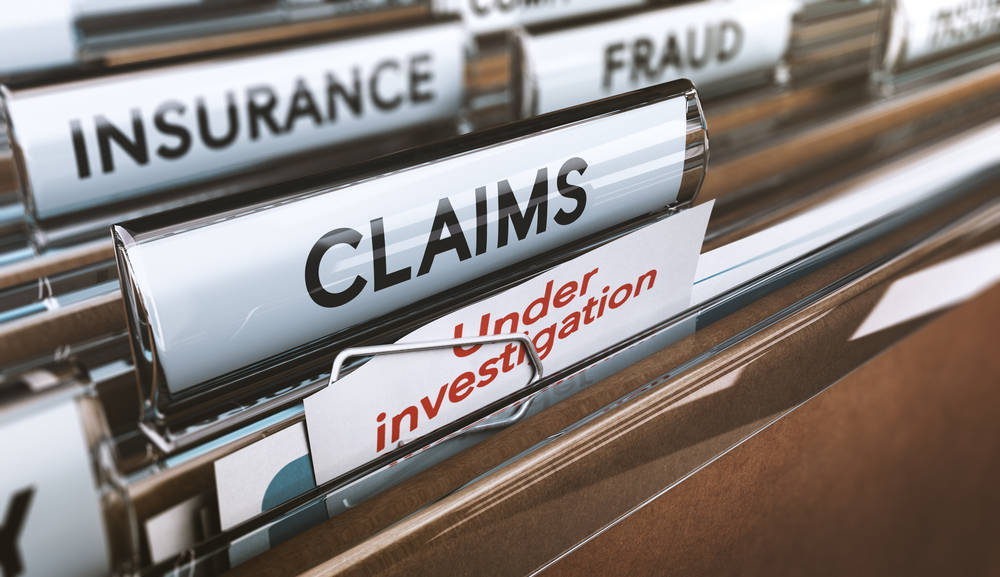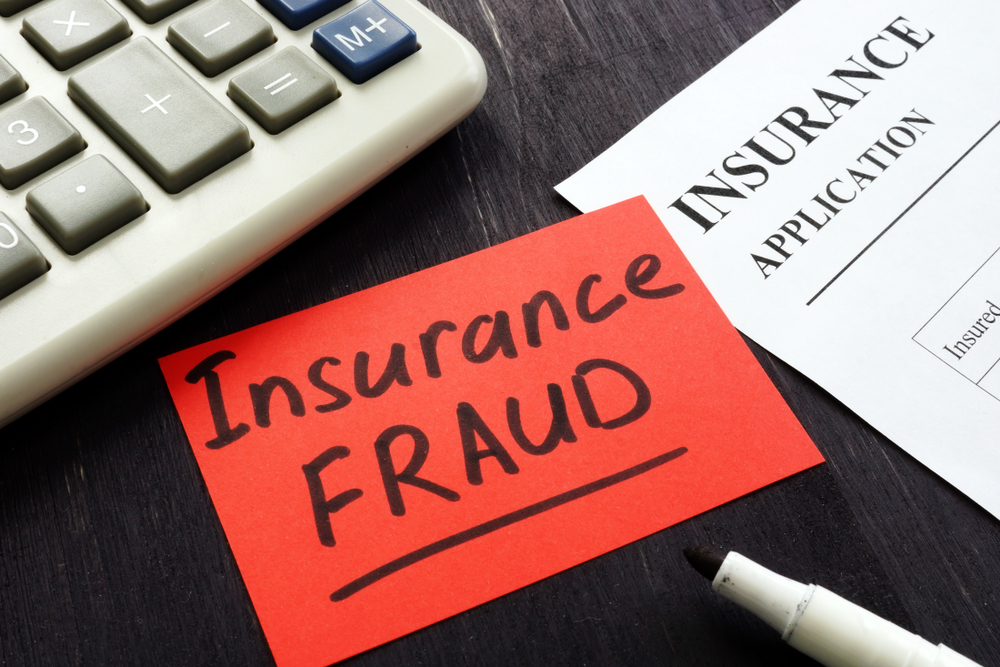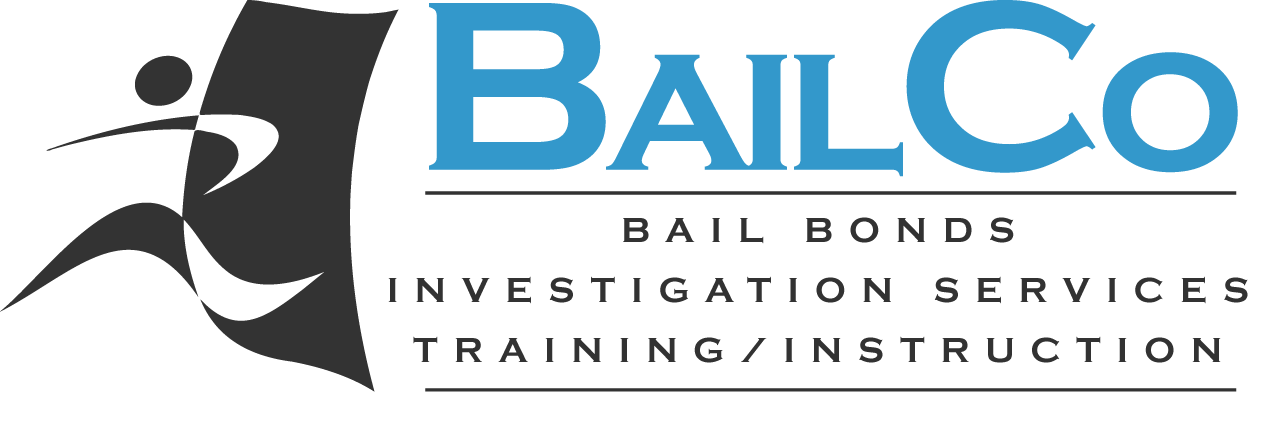
Insurance fraud is a pervasive issue that poses significant challenges to insurance companies worldwide. With fraudulent activities costing insurers billions of dollars each year, a corporate investigator in Connecticut plays a vital role in mitigating losses and maintaining the integrity of the industry.
In this comprehensive guide, we’ll delve into the intricacies of insurance fraud investigations, providing valuable insights into the definition, process, and key considerations involved. By understanding the fundamentals of these investigations, insurers, policyholders, and professionals in the field can work together to combat fraud effectively and ensure fair compensation for legitimate claims.
What is an insurance fraud investigation?
An insurance fraud investigation is a systematic process undertaken to examine suspicious insurance claims with the objective of identifying fraudulent activities. These activities may include intentional exaggeration or fabrication of claims, staging accidents, presenting false documentation, or misrepresentation of facts. Skilled investigators specializing in financial issues are employed by insurance companies to protect against fraudulent practices and uphold the industry’s integrity.
Recognizing insurance fraud
Insurance fraud can manifest in various forms, making it essential to recognize potential red flags. Detecting it requires vigilance in identifying suspicious patterns, inconsistencies in statements, and discrepancies between reported incidents and supporting evidence. Recognizing these indicators is crucial for initiating investigations and uncovering fraudulent activities.
Reporting suspected fraud
Timely reporting of suspected insurance fraud is of utmost importance to initiate investigations promptly. Insurance professionals and policyholders should be aware of the significance of reporting suspicions and the proper channels to follow. Reporting suspicions to the insurance company’s fraud department, providing relevant information, and maintaining confidentiality are essential steps in combating it effectively.
The insurance fraud investigation process
The investigation process follows a systematic approach to gather evidence and uncover fraudulent activities. It involves an initial assessment to determine the legitimacy of the claim, followed by gathering evidence through interviews, statements, and meticulous documentation. Investigators may employ surveillance, conduct forensic analysis, and collaborate with law enforcement agencies to build a strong case. Each step in the process is crucial to ensure a comprehensive and successful outcome.
Legal and ethical considerations
Investigations must adhere to legal and ethical guidelines to protect the rights of all parties involved. Investigators must respect privacy laws, obtain proper consent during surveillance, and maintain the confidentiality of sensitive information. Compliance with legal requirements and ethical standards ensures fairness, integrity, and transparency throughout the investigation process.
Fraud prevention and awareness
Prevention is key to combating insurance fraud effectively. Insurance companies can implement robust fraud detection systems, employ advanced data analytics to identify suspicious patterns, and conduct regular educational campaigns to raise awareness among policyholders. Equipping policyholders with knowledge about common fraud schemes and prevention measures empowers them to protect themselves and report any suspicious activities promptly.

Where can I find a reliable corporate investigator in Connecticut?
BailCo Bail Bonds Manchester is committed to providing comprehensive investigative services to our clients in Hartford County and across CT. With years of experience in the field, we understand the importance of gathering compelling evidence to support legal cases. Our team of skilled investigators employs various techniques, including covert photography to capture crucial visual evidence discreetly. We’re your trusted partner, so give us a call today!
